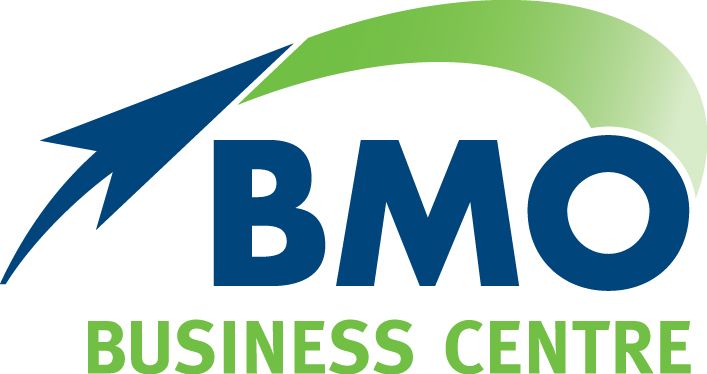Being prepared for tax time
Are you a tax procrastinator? Putting off all thoughts of tax planning until the last week of June is not uncommon, but it’s likely to be a missed opportunity to reduce the tax you pay and maximise your income. The sooner you set your mind to organising yourself and your business for the end of the financial year, the better off you will be.
Whether it’s your personal income tax or company tax, there are strategies you can employ to improve your position.
Small business tax cut
The company tax rate for 2017-18 has been cut from 30% to 27.5% for businesses with a turnover of less than $25 million, subject to conditions. This lower rate previously only applied to small business companies with a turnover of less than $10 million.
Immediate write off for items under $20,000
You should also note that this year will be the last time you can qualify for an immediate tax deduction for the purchase of assets for your business that cost less than $20,000 (excluding GST). This deduction applies whether the item is new or second-hand and can be claimed in the year that you first use the asset or have it installed ready for use.
This tax break is due to expire on 30 June 2018 when it is expected to revert back to the original $1,000 threshold. As a result, it may be in your interest to bring forward the purchase of an asset to this current year. From 1 July 2018, an asset costing over $1,000 will need to be depreciated, rather than being claimed as an immediate deduction. (Please note, the upcoming May budget may address concerns about the impending end date for this immediate write-off).
Where to start?
Your first task should be to make sure your records and paperwork are in order and up to date. Consider doing a stocktake as well as summarising your business’s income and expenses over the year. Knowing where you and your business are right now, as well as your estimates of expected income and expenses for the rest of the financial year, will provide a sound launching pad for determining your end-of-financial-year tax strategies.
Plan ahead pay ahead
One of the key end-of-financial-year strategies for small businesses (turnover less than $10 million) is to pre-pay for a variety of expenses so you can bring them forward into the current financial year.
For example, you might consider paying business expenses up to 12 months in advance or bringing forward the payment of expenses that you know you will incur in the short term.
Other deductible expenses include some expenses associated with investment properties.
Boost your super
As the end of the financial year approaches, it’s a good opportunity to make sure you are maximising your super contributions through salary sacrifice or voluntary personal contributions. For the 2018 financial year, the maximum you can claim as a concessional (deductible) contribution is $25,000 (subject to age and work tests). If your employer’s superannuation guarantee payment falls short of this amount, it makes sense to look at whether you can top it up. The concessional tax environment of super once you have reached the age of 60 can make it a very attractive investment.
If you have employees, then you need to ensure you have paid the minimum 9.5% of their earnings to their elected super fund. This should have been paid at least quarterly during the year. To claim your June quarter contributions in the 2018 financial you will need to pay these prior to 30 June.
Clear the decks
The end of the financial year is also a good time to check any outstanding debts to your company. If you think payment is unlikely, then it may be prudent to write off the bad debt. You might also look at selling any obsolete equipment to free up some extra cash. Depending on the value of your small business depreciation pool, the sale proceeds may not necessarily add to your current year’s income.
With time on your side, take this opportunity to review your business structure to make sure it’s still working for you.
Giving yourself time to assess your situation and pursue the most tax effective strategies is vital to a healthy business.
If you want to discuss your end-of-financial-year tax planning in plenty of time ahead of the 30 June deadline, please give us a call. The earlier you start planning, the more tax-saving options you have.
The post Being prepared for tax time appeared first on BMO Accountants.


